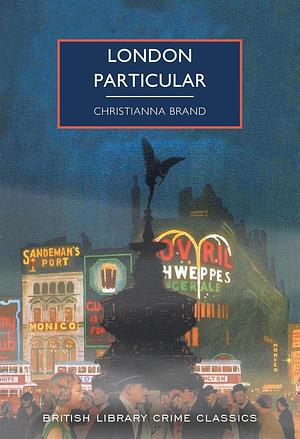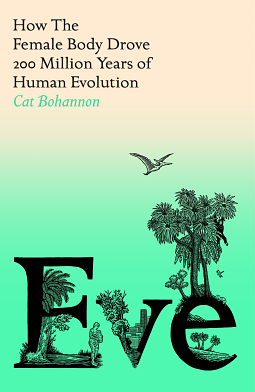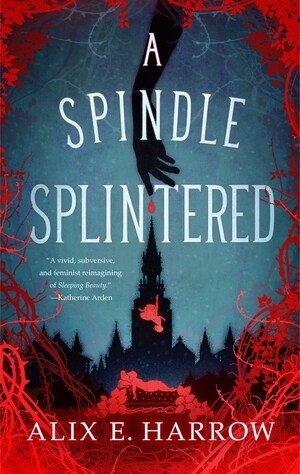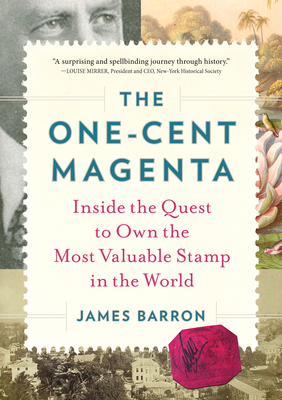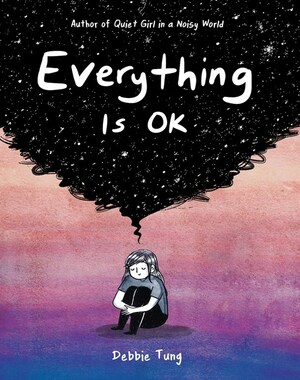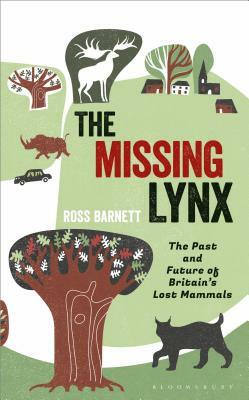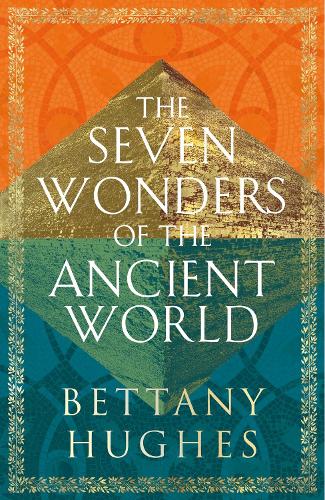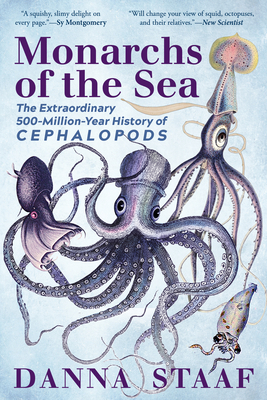
Monarchs of the Sea: The Extraordinary 500-Million-Year History of Cephalopods
by Danna Staaf
Genres: Non-fiction, SciencePages: 256
Rating:

Synopsis:Before mammals, there were dinosaurs. And before dinosaurs, there were cephalopods.
Cephalopods, Earth's first truly substantial animals, are still among us: their fascinating family tree features squid, octopuses, nautiluses, and more. The inventors of swimming, cephs presided over the sea for millions of years. But when fish evolved jaws, cephs had to step up their game (or end up on the menu). Some evolved defensive spines. Others abandoned their shells entirely, opening the floodgates for a tidal wave of innovation: masterful camouflage, fin-supplemented jet propulsion, and intelligence we've yet to fully measure. In Monarchs of the Sea, marine biologist Danna Staaf unspools how these otherworldly creatures once ruled the deep—and why they still captivate us today.
I received a copy of this book for free in exchange for an honest review. This does not affect my opinion of the book or the content of my review.
Danna Staaf’s Monarchs of the Sea is a fascinating tour of the evolution of cephalopods. I am very very late to review it, and I’m sorry for that because it was fascinating. I’d never quite understood that ammonites were cephalopods before, somehow, so that was a surprise, and I was delighted to read more about them and the diversity of their shells. It’d be nice if some modern cephalopod was evolved from an ammonite, really, but Staaf does suggest it’s pretty unlikely.
This is the kind of non-fiction I really enjoy: a deep-dive on a particular subject, not afraid to get into the weeds, and glowing with the author’s fascination for the topic. I don’t know if I could stomach dissection, but she makes even that sound fascinating — I bet she’s great at teaching it.
I was especially fascinated by the discussion of the modern cephalopods and what’s become of their shells, the very last vestiges thereof. Fun!
Rating: 4/5

